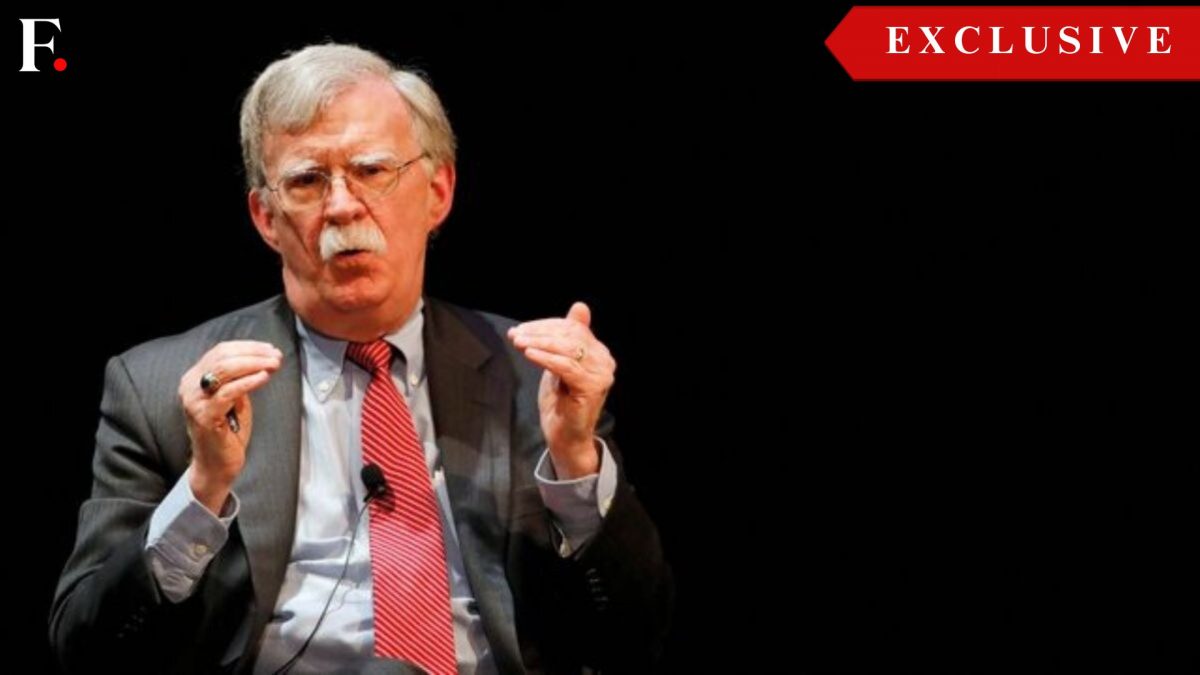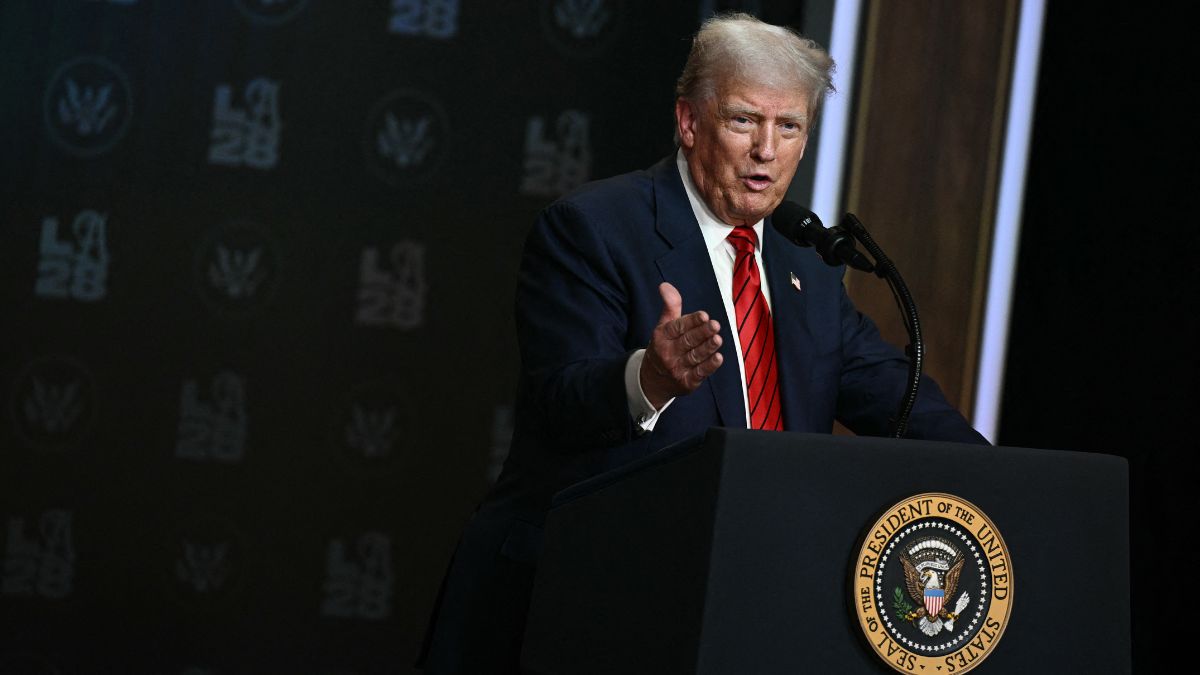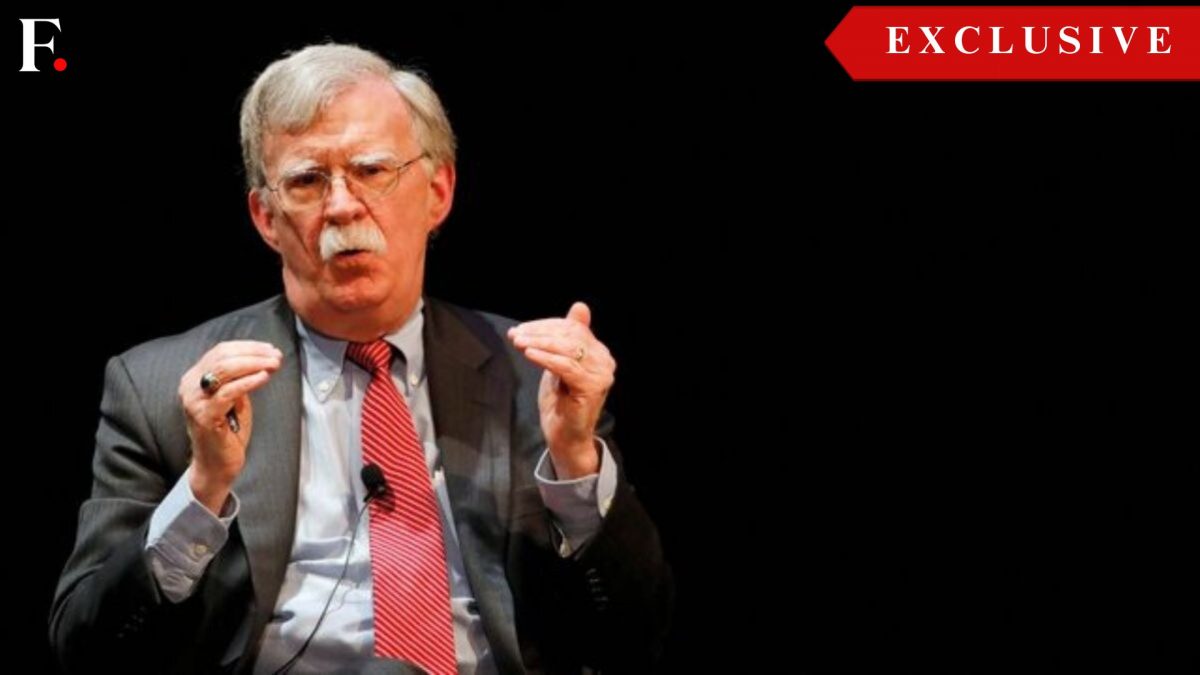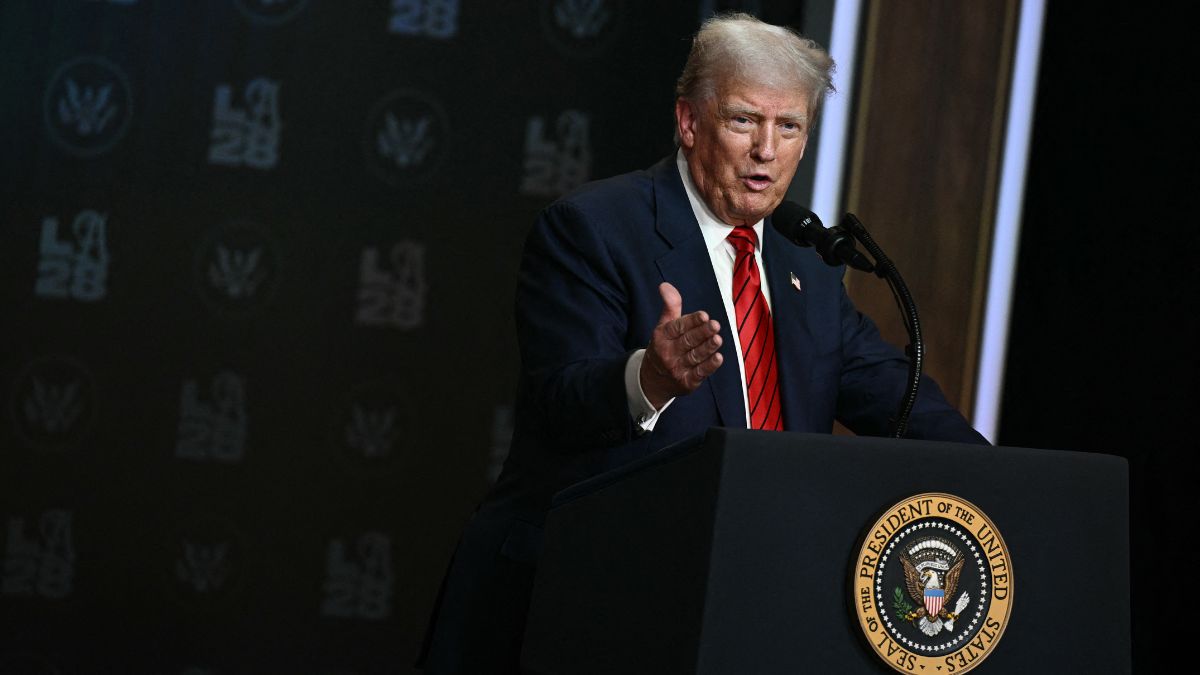Mohammad Javad Zarif, a key foreign policy adviser to Iran’s president and a leading advocate for dialogue with the West, has resigned once again amid strong opposition from hardliner critics.
The former foreign minister, who played a central role in the 2015 nuclear deal negotiations confirmed his resignation in an online post early Monday, describing it as the conclusion of “the most bitter era of my 40-year period of service.”
“Zarif’s resignation letter was received by President Masoud Pezeshkian, who has not yet responded,” the official IRNA news agency reported, without giving further details.
In a Monday post on X, Zarif said he had “faced the most horrible insults, slander and threats against myself and my family, and I have gone through the most bitter period of my 40 years of service.
“To avoid further pressure on the government, the head of the judiciary recommended that I resign and… I accepted immediately,” he added.
سلام بر هم میهنان بزرگوار
— Javad Zarif (@JZarif) March 3, 2025
خداوند بزرگ را سپاسگزارم که در نه ماه گذشته این فرصت را به این خدمتگزار کوچک ارزانی داشت که در جهت تحقق اراده ملت و خدمت به مردم آنچه را در توان داشتم پیشکش کنم. گرچه در شش ماه گذشته با سخیفترین توهینها، افتراها و تهدیدها نسبت به خود و خانوادهام روبرو…
Zarif’s resignation followed the impeachment of Abdolnaser Hemmati, a prominent centrist figure, as economy minister by hardline and conservative lawmakers who have controlled Iran’s parliament through low-turnout elections in recent years.
Pezeshkian, who took office in July, named Zarif as his vice president for strategic affairs on August 1 but Zarif resigned after less than two weeks, before returning to the post later in the month.
Zarif was Iran’s top diplomat between 2013 and 2021 in the government of moderate president Hassan Rouhani.
These developments deal a significant blow to President Masoud Pezeshkian’s relatively new administration, as conservatives leverage the ongoing decline of the national currency to push for a shift in policy direction.
The dual removals further destabilised Iran’s stock market, with businesses fearing that the political pathway to re-engaging with the West is rapidly closing due to conservative opposition. Many conservatives have never accepted Pezeshkian’s election victory and continue to resist his reformist agenda.
With inputs from agencies


)
)
)
)
)
)
)
)
)



